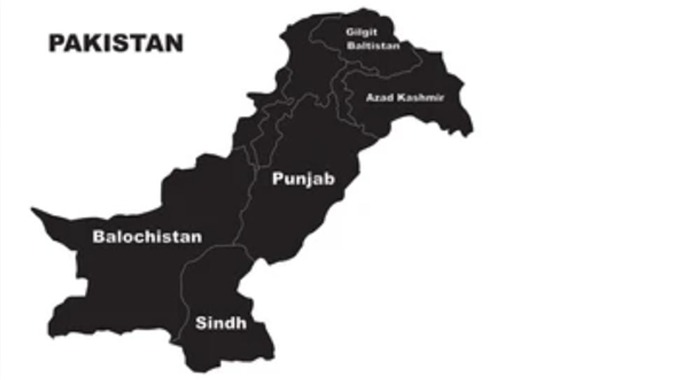Former Foreign Minister Khurram Dastgir has delivered a sharp rebuke to the Taliban’s continued rejection of the Durand Line, declaring that the border is “not up for debate but a settled international fact.” He accused the Afghan regime of weaponizing the issue to stoke domestic nationalism and distract from governance failures inside Afghanistan.
His remarks come after the Taliban administration pressured Qatar to remove the word “border” from a recent ceasefire statement between Kabul and Islamabad. The revised version, issued from Doha, avoided any explicit mention of the Durand Line, raising eyebrows in Pakistan and reigniting long-standing tensions over the frontier’s status.
“All international agreements and legal instruments confirm the Durand Line as Pakistan’s western border”, Dastgir said. “It’s time to stop politicising a settled boundary just to score points at home.”
Kabul’s Historical Denial and Recent Pressure Tactics
Successive Afghan governments, both past and present, have refused to formally recognize the Durand Line, despite its basis in the 1893 agreement between British India and Afghan ruler Amir Abdur Rahman Khan. While the international community, including the UN and the US, continues to recognize the border, Kabul has routinely used its rejection as a political tool.
Dastgir argued that this pattern has only intensified under the Taliban regime.
“Kabul’s rejection is not rooted in law, it’s a political device, used to stir anti-Pakistan sentiment and avoid addressing the real issues Afghan citizens face,” he said.
Taliban Rhetoric Undermines Regional Stability
The situation escalated further when Taliban Defence Minister Mullah Yaqoob Mujahid recently dismissed the Durand Line as a “fictional boundary,” declaring its fate will be decided by the Afghan people, a statement widely condemned in Pakistan.
Islamabad maintains that the 2,670-kilometre border is final, legal, and vital to managing cross-border security, especially amid recent spikes in terrorist activity linked to groups operating from Afghan soil.
Dastgir emphasized that Pakistan must remain firm in asserting the Durand Line’s legitimacy and in implementing effective border management to prevent infiltration and preserve peace.
A Fault Line That Won’t Heal
The Durand Line has long served as a geopolitical fault line between the two neighbours, not just a matter of geography, but a clash of national narratives. While Pakistan sees it as a border issue resolved by international law, the Taliban continues to frame it as a nationalist cause, deflecting attention from economic collapse, international isolation, and internal repression.
Analysts warn that continued ambiguity or diplomatic concessions; such as the Doha statement edit, risk undermining Pakistan’s position, both regionally and internationally.
“Pakistan must treat this not as a diplomatic courtesy, but as a sovereignty issue,” Dastgir concluded. “We can’t afford to be vague when our border security and national stability are on the line.”





